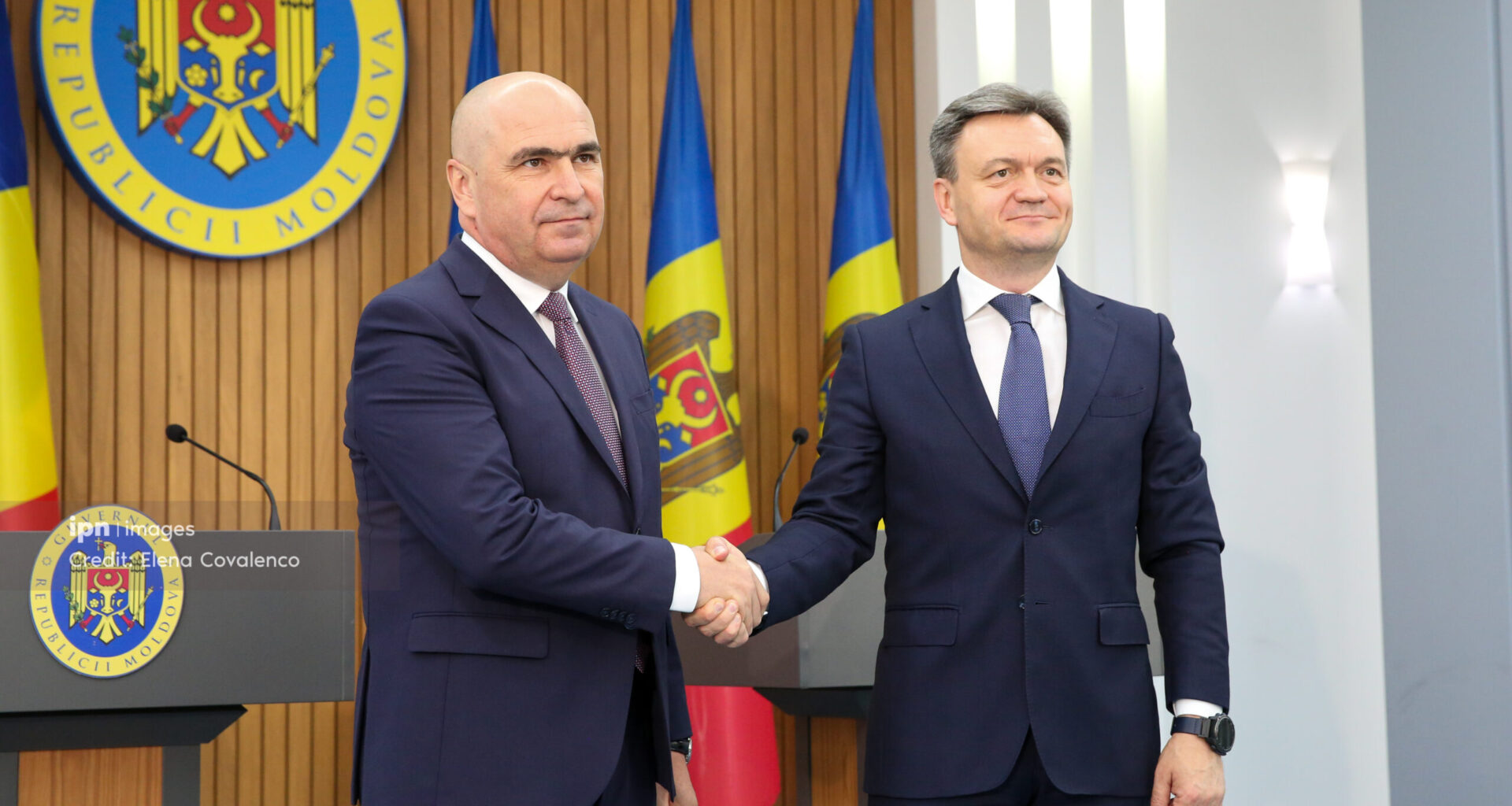Romania will continue to support the Republic of Moldova in its European integration process, offering its expertise and experience gained over the years of membership in the European Union. The commitment was reaffirmed by the Romanian Prime Minister Ilie Bolojan, during a working visit to Chisinau, where he held a joint press conference with the Moldovan Prime Minister Dorin Recean, reports IPN.
“I assure you that we will continue to build new bridges to bring us even closer, as is fitting, between sister countries, which share a language, a history, and common values,” said the Romanian Prime Minister.
The Romanian dignitary assured that the experience accumulated by Bucharest in the process of joining the EU will be made available to Chisinau.
The visit highlighted major projects aimed at enhancing the connectivity between the two states, reducing border waiting times, and strengthening energy security.
“We are living through an important stage for the progress of the Republic of Moldova on the European path. Romania will remain a strong supporter of Moldova’s journey, through our expertise and through European bilateral and cross-border collaboration,” declared the Prime Minister of Romania. Ilie Bolojan emphasized that integration into the European Union brings concrete economic and social benefits, recalling Romania’s experience, which attracted tens of billions of euros from European funds after its accession in 2007.
“Every euro invested has been seen in the economy of Romania, in local development, in infrastructure and in jobs, and the results have been felt in the daily life of the Romanians. This change can also take place here, in the districts and localities of Moldova,” added the Romanian Prime Minister.
At the same time, he highlighted Moldova’s resistance to external threats: “Moldova is an example of courage, as it has withstood the pressures of energy blackmail and propaganda accompanied by hybrid aggression.”
In turn, Dorin Recean emphasized that the relationship between the two states has a solid foundation, built on historical and cultural ties. “The relationship between the Republic of Moldova and Romania has been built over the years, on the connections between people from both sides of the Prut because it is rooted in our consciousness,” said the Moldovan Prime Minister.
Dorin Recean emphasized that in recent years, Moldova and Romania have mutually supported each other both in the face of difficulties and interferences from foreign forces in elections, and in moments of joy, when the two countries have achieved international successes, including in sports. According to the Prime Minister of Chisinau, the intergovernmental partnership, business environment, and cultural and academic institutions are reflected in concrete results for citizens on both sides of the Prut River.
“With Ilie Bolojan as Prime Minister, and Nicusor Dan as President, I believe the relations between Chisinau and Bucharest have risen to the most fraternal level,” declared the Moldovan Prime Minister.
Dorin Recean mentioned that Romania’s support was essential for the energy independence of the Republic of Moldova, as over half of the electric energy is imported from Romania at advantageous prices. “Romania is with us in building the European path of the Republic of Moldova at every step,” declared the prime minister, emphasizing that the common plans for the upcoming period are ambitious and target important projects.
The agenda of the discussions included road and energy infrastructure projects. Among these, the completion of the Vulcanesti-Chisinau power line and the start of construction of two other interconnections, Balti-Suceava and Straseni-Gutinas. Also, in addition to the Ungheni road bridge, which is already under construction, plans were announced for the erection of four more bridges over the Prut, intended to streamline the traffic of people and goods.
Another objective discussed aims at digitizing border procedures, by introducing an electronic scheduling system that would reduce waiting times for carriers. At the same time, the authorities intend to strengthen cooperation in the field of security, including by expanding the use of canine resources to prevent the introduction of illegal substances.
